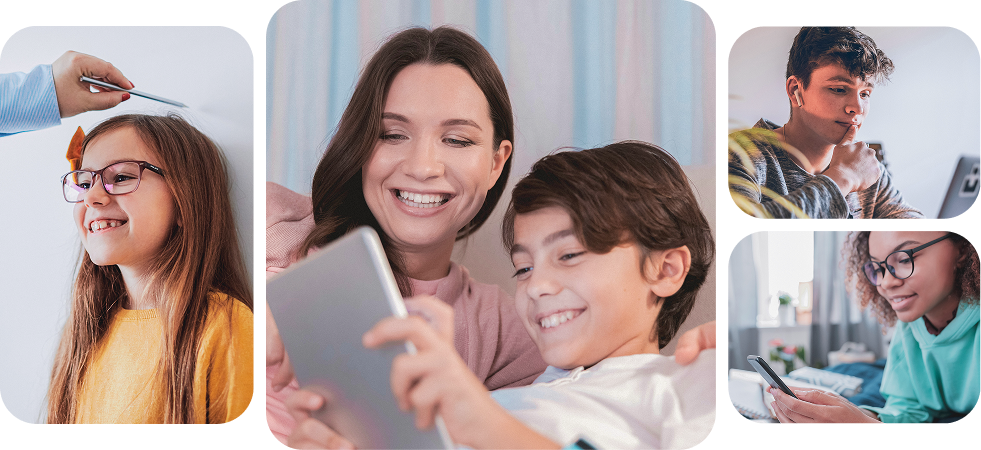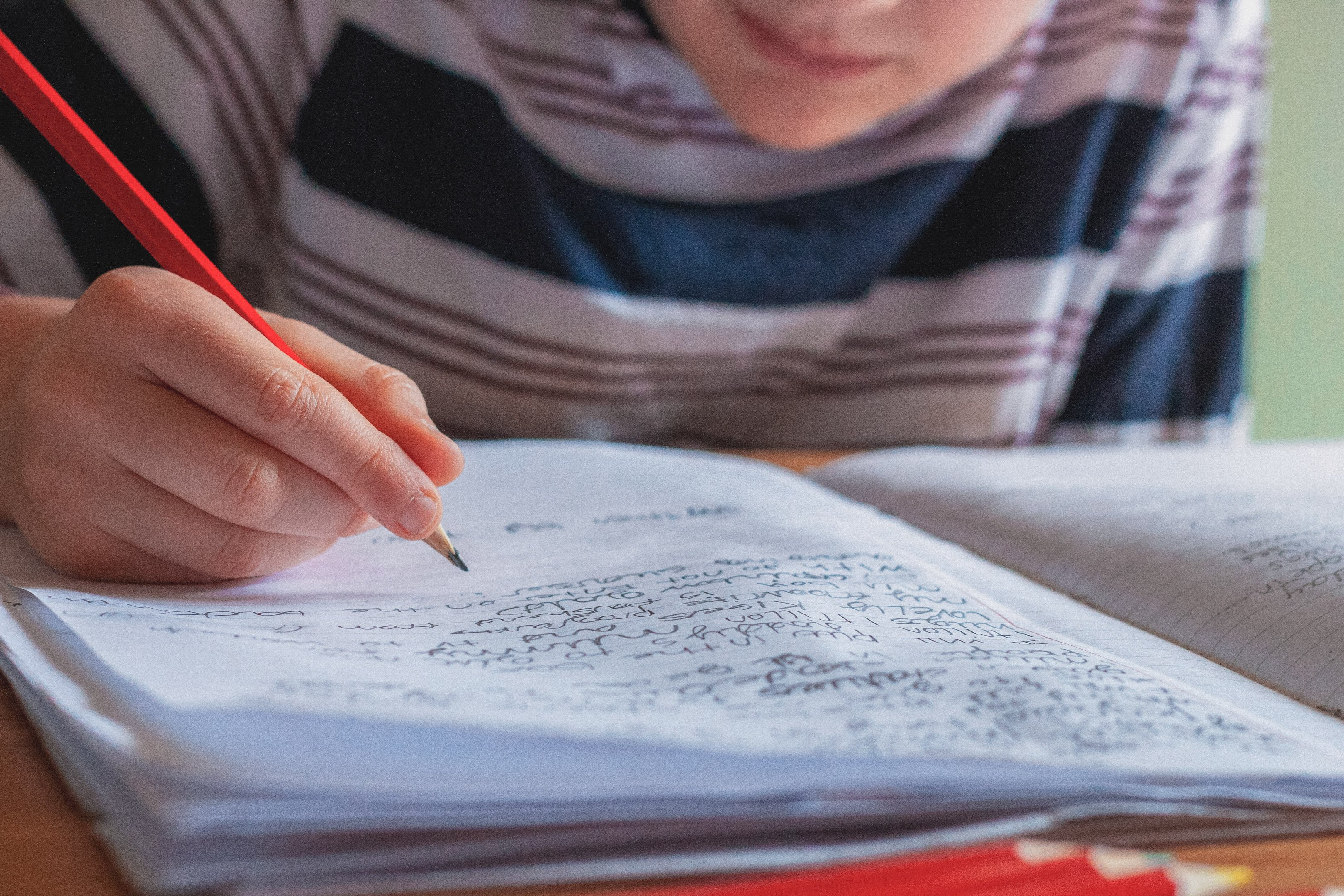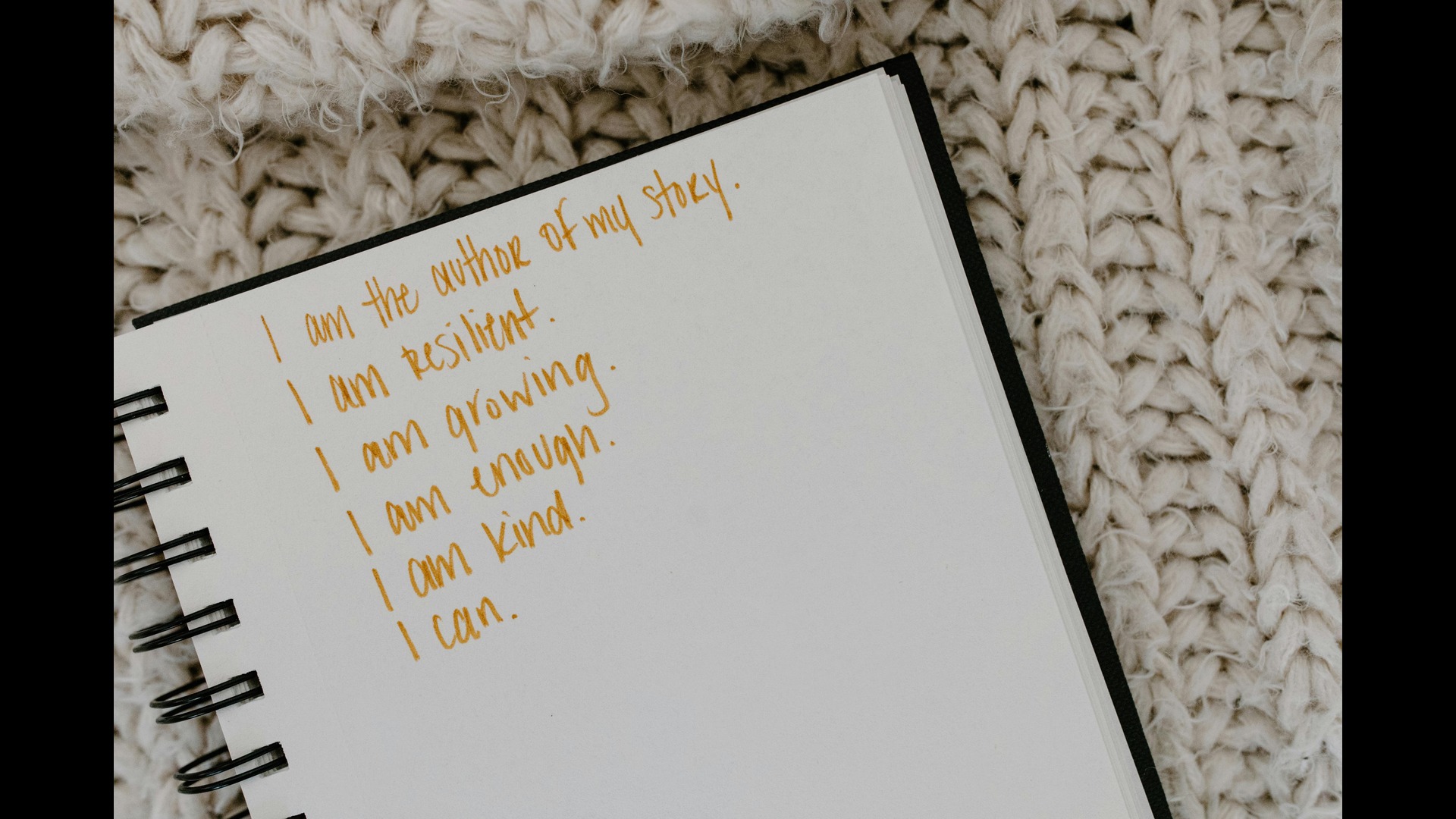Self-Care for Kids: Build Healthy Habits & Boost Wellbeing
Discover essential self-care practices for kids to promote their health and happiness. Empower your child with these simple strategies—read more now!


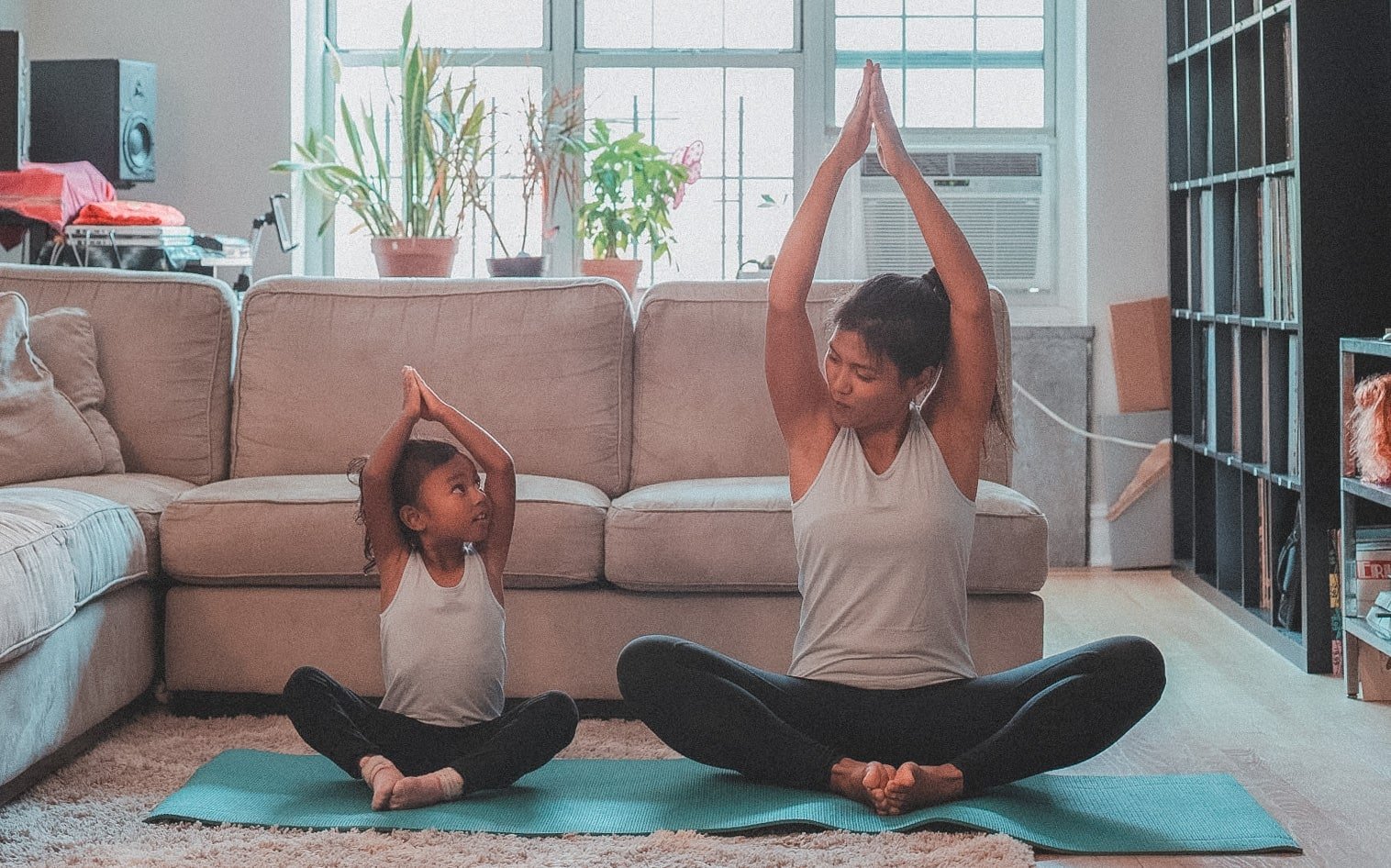
Kids need self-care just as much as adults do. The benefits of building consistent, age-appropriate habits are clear: a more independent, resilient, and well-regulated child.
In this guide, we’ll cover what self-care for kids really means, why it matters, how to build a balanced routine, and when to seek extra support.
Key takeaways
- Self-care helps children develop lifelong skills in independence, resilience, and emotional regulation.
- What self-care looks like changes at each stage of development.
- When introduced early, self-care habits result in benefits for health, school, and relationships.
What is self-care for kids?
Self-care for kids may look simple, but it’s just as important for helping them grow, thrive, and stay balanced as it is for adults.
Definition and importance
Self-care for kids is about developing healthy habits that promote their physical, emotional, mental, and even spiritual well-being. It’s often referred to as foundational self-care because it focuses on acquiring basic life skills, such as proper hygiene.
Adults focus on more complex self-care practices, such as stress management, because their basics are already established. Children, on the other hand, need modeling and consistent guidance to develop self-care habits that stick.
By teaching and modeling self-care early, family members help kids build awareness, self-reliance, and self-control, empowering them to handle life’s challenges with resilience as they grow.
The 7 pillars of self-care for kids
Practicing self-care can be thought of in terms of pillars related to the different aspects of life that children need to nurture to stay healthy and balanced.
Here are the seven pillars of self-care, adapted for kids.
- Knowledge & health literacy: Helping kids learn about their bodies and health so they understand why self-care matters. This includes things like learning why they need to brush their teeth and practicing basic safety, like not putting objects in electrical outlets.
- Mental well-being, self-awareness, and agency: Giving children tools to manage stress in age-appropriate ways. Examples include calming strategies such as deep breathing and recognizing when to ask for help.
- Physical activity: Encouraging plenty of movement so kids can build strength, coordination, and brain health, all while having fun. This includes running, climbing, and joining sports classes.
- Healthy eating: Teaching kids to fuel their bodies with nutritious foods. Examples are noticing hunger cues and limiting late-night sweets.
- Risk avoidance: Learning to avoid behaviors that could cause harm, like wearing a helmet or pads when biking, and understanding why cigarettes are harmful.
- Good hygiene: Building daily hygiene habits like washing hands to maintain health and prevent illness.
- Responsible use of health products & services: Learning how to use health products and services. Parents handle most of this, but kids can gradually build autonomy as they grow. Examples include applying a bandage and choosing personal goals in therapy sessions.
Benefits of self-care for kids
Self-care helps kids tune in to their own needs and learn how to take care of themselves. When these foundational skills are introduced early, they bring a wide range of benefits that extend well into adulthood.
Improved emotional regulation & resilience
Teaching kids self-care builds resilience, helping them bounce back from setbacks and manage stress more effectively. When children learn how to handle stress in healthy ways, they also strengthen their ability to regulate emotions, calming themselves when upset, expressing feelings appropriately, and staying balanced during challenges.
Additionally, rest is an often overlooked part of self-care. Research shows that children who miss naps are typically more emotionally reactive, give up on challenges sooner, and struggle to manage frustration.
Better academic & social performance
Routines provide children with stability, which in turn supports both school readiness and social skills. One study found that regular story time and bedtime routines are associated with improved reading and math scores, as well as stronger prosocial skills, in kindergarten.
Schools build on this through social and emotional learning (SEL) programs. Research indicates that children participating in SEL programs experience an average 11% improvement in grades. They also help kids do better in school and feel more connected, confident, and supported.
Reduced anxiety & depression symptoms
Anxiety, behavior disorders, and depression are the most common mental health diagnoses in children.
Self-care practices can help kids manage stress and lower their risk for depression. Mindfulness, for example, protected children against stress, anxiety, and depression during the COVID-19 pandemic.
Enhanced focus & independence
Students who get sufficient sleep are more focused, motivated, and engaged in school. Research shows that when children are supported rather than controlled, they become more confident, make decisions independently, and exhibit better behavior.
How to create a balanced self-care routine
The key is to integrate self-care into daily life in consistent, fun, and manageable ways.
Scheduling & consistency
Maintaining a predictable schedule is one of the most effective ways to support your child’s well-being. Consistent bedtimes and playtimes help kids feel secure, and research shows that children raised with routines often have fewer attention and time-management difficulties later in life.
Tips for consistency:
- Keep waking and sleeping times regular
- Use a visual schedule board for young kids
- Add self-care tasks like water breaks to the daily routine
- Allow some flexibility and explain changes when they happen
Screen-time & sleep guidelines
Self-care for kids should include promoting sufficient sleep and healthy screen time limits.
The CDC reports that more than half of teens spend four or more hours a day on screens. Younger kids also exceed limits: only one in four children under two years old meet the “no screen time” guidelines, and just one in three preschoolers stays within the recommended one hour of screen time per day.
Research shows that excessive screen time can displace sleep and other healthy activities. According to the American Academy of Sleep Medicine, children aged six through 12 require nine to 12 hours of sleep per 24 hourst, and teens need eight to 10 hours. However, many fall short of this recommended amount.
Tips for healthy nighttime sleep:
- Keep a regular bedtime and wake schedule
- Create a relaxing bedtime routine
- Avoid stimulating activities and screen time before bed
- Make the bedroom dark, cool, and quiet
- Limit sugary foods in the evening
Nutrition & hydration
Healthy eating provides kids with the energy they need to grow, learn, and manage their moods. Eating and drinking at consistent times also keeps their body clock on track.
Tips for healthy eating:
- Offer a variety of healthy foods
- Limit sugary foods to avoid energy spikes and crashes
- Keep meals regular and avoid skipping
- Make water easy to access and encourage sipping throughout the day
- Stock up on nourishing snacks like fruit, and minimize junk food
Encouraging and supporting self-care habits
Teaching kids self-care takes consistent encouragement and adapting as they grow. Here’s where parents come in.
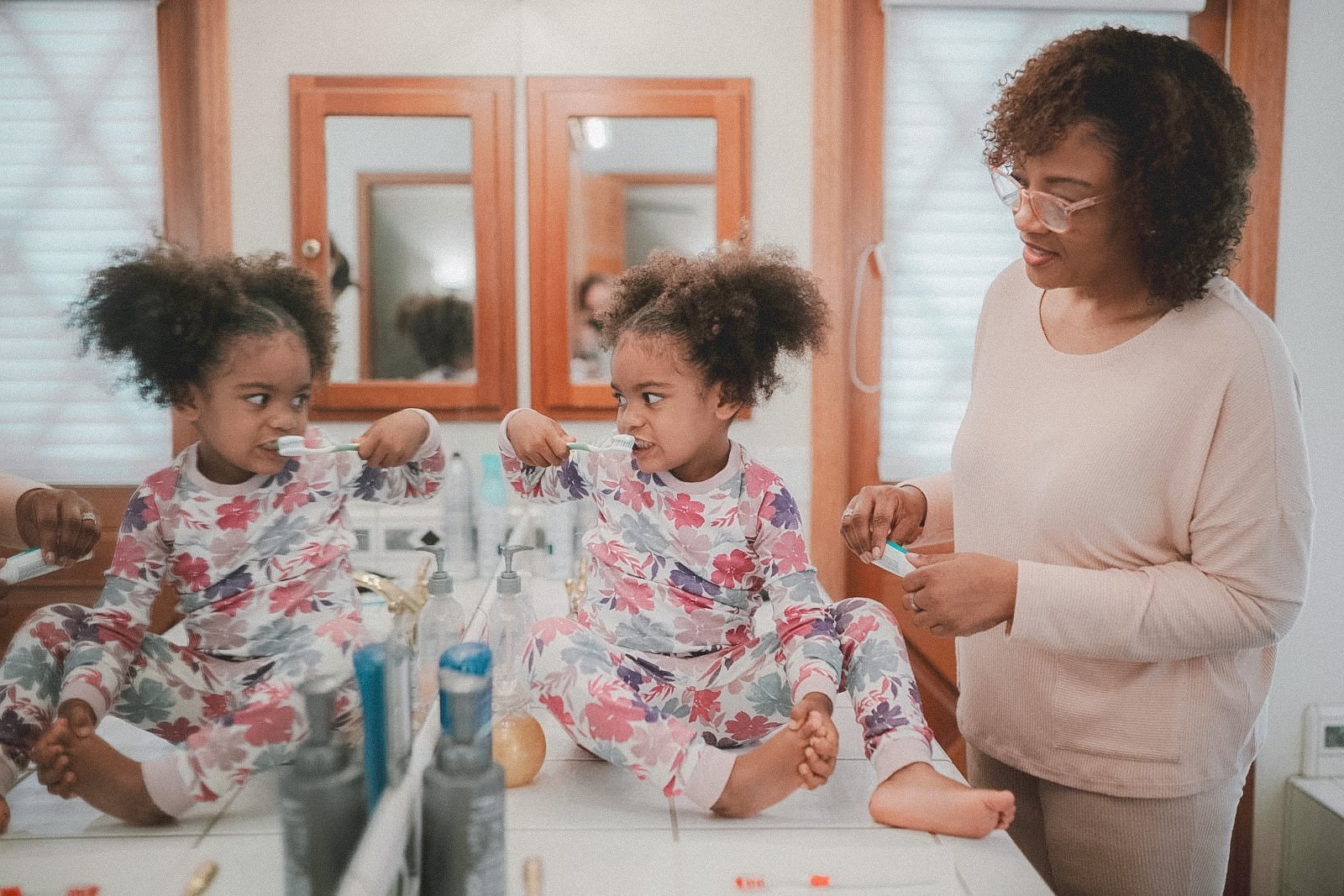
Modeling & positive reinforcement
Kids are sponges. They learn best by watching you. When they see you eat veggies, exercise, or handle stress in healthy ways, they’re more likely to copy you.
For example, you can model both physical and emotional self-care. Take deep breaths when you’re frustrated, pause when tired, or say, “I’ve had a hard day, I’m going for a walk,” or “I need a hug.” These moments show kids what healthy coping looks like.
When you catch your child practicing self-care or independence, name it. You can say, “You got angry but used your calm-down corner.” This helps them feel capable and encourages them to do it again.
Avoid punishing or shaming around self-care. Children respond much better to encouragement than criticism.
Making self-care fun
Kids are naturally playful, so turning self-care into games or fun routines makes them more likely to join in. Research shows that gamifying tasks helps make healthy habits feel more fun and rewarding, keeping them motivated to keep up with them.
Ideas to make self-care activities for kids fun:
- Brush away “sugar bugs” when brushing teeth
- Race a timer when getting dressed
- Call veggies “hero fuel” and water “magic potion”
- Turn chores into “missions” or quests
- Pair homework with a quick play break
- Incorporate your kid’s favorite characters
- Keep it silly and social
Creating a calm-down corner or self-care space
A calm-down corner is a cozy spot where kids can go when they’re upset, overwhelmed, or just need a break. Keep it quiet, low-stimulation, and comforting.
What to include:
- Soft flooring, blanket, and cushions
- A canopy or divider to reduce sensory input
- Comfort items like plushies, favorite books, stress balls, and fidget toys
- Visual reminders for taking deep breaths
Overcoming Resistance
Kids often resist self-care to assert independence, out of boredom, or simply because it wasn’t their idea. Most pushback is about autonomy, because kids want some control.
Ways to make it easier:
- Offer choices. “Bath or shower?” gives them a say
- Explain the “why” behind your reasoning
- Make it a routine so they get used to it
- Give transition warnings instead of sudden shifts
- Let them help create the rules
- Adapt the task to their needs and abilities
- Find the reason behind the pushback and address it (fear of monsters, “spicy” toothpaste, etc.)
Tools & resources
From apps to books and videos, here are some recommendations for tools to help you and your child practice self-care.
Best mindfulness apps for kids
- Headspace for Kids: Offers guided exercises for calm, focus, kindness, sleep, and wake-up, organized by age group
- Calm Kids: Features meditations, bedtime stories, mindful movement, and soundscapes to help kids relax and sleep
- Stop, Breathe & Think Kids: Utilizes games and emojis to help children recognize their own emotions and practice short meditations
Recommended books & videos
Here are some books and resources for building healthy self-care habits:
- Stand Tall Like a Mountain by Suzy Reading: Practical mindfulness and self-care practices parents and kids can do together.
- The Whole-Brain Child by Daniel J. Siegel & Tina Payne Bryson: Not a self-care book per se, but explains children’s emotional development and provides strategies to nurture resilience and emotional health in kids.
- What to Do When You… series by Dawn Huebner: Interactive workbooks for kids ages 7–12 on worry, anger, shyness, and more.
- Cosmic Kids Yoga: Themed yoga adventures with storytelling and mindfulness, great for young ages.
- GoNoodle: Free 2–5 minute videos for brain breaks, mindfulness, and movement.
Further support: When to seek professional help
Getting kids to practice self-care isn’t always easy, and occasional resistance is a normal part of the process. However, when difficulties persist, it may indicate a deeper issue. If your child consistently struggles with routines such as hygiene, sleep, or managing emotions, or if these challenges begin to impact school, friendships, or daily life, it may be time to seek extra support.
Consult a pediatrician to rule out developmental delays, neurodevelopmental conditions, or sensory processing disorders.
Major life events such as a move, divorce, loss, bullying, or trauma can also overwhelm children and show up as self-care difficulties. Noticeable shifts in a child's mood, sleep, appetite, or social behavior that last more than two weeks are signs that talking with a therapist could be helpful.
Online therapy for children & teens
Online therapy platforms like Emora Health make it easier for kids and teens to get support when self-care feels like a struggle. Emora Health carefully selects providers who specialize in working with children and adolescents, so families are matched with therapists who truly understand their needs.
These licensed experts employ evidence-based approaches, such as cognitive behavioral therapy and play therapy, to help children build coping skills, manage emotions, and develop healthy routines.
Since all sessions are virtual, children can meet their therapist from the comfort of home, making it easier to relax and practice self-care strategies in a space where they feel safe.
Get started today.

